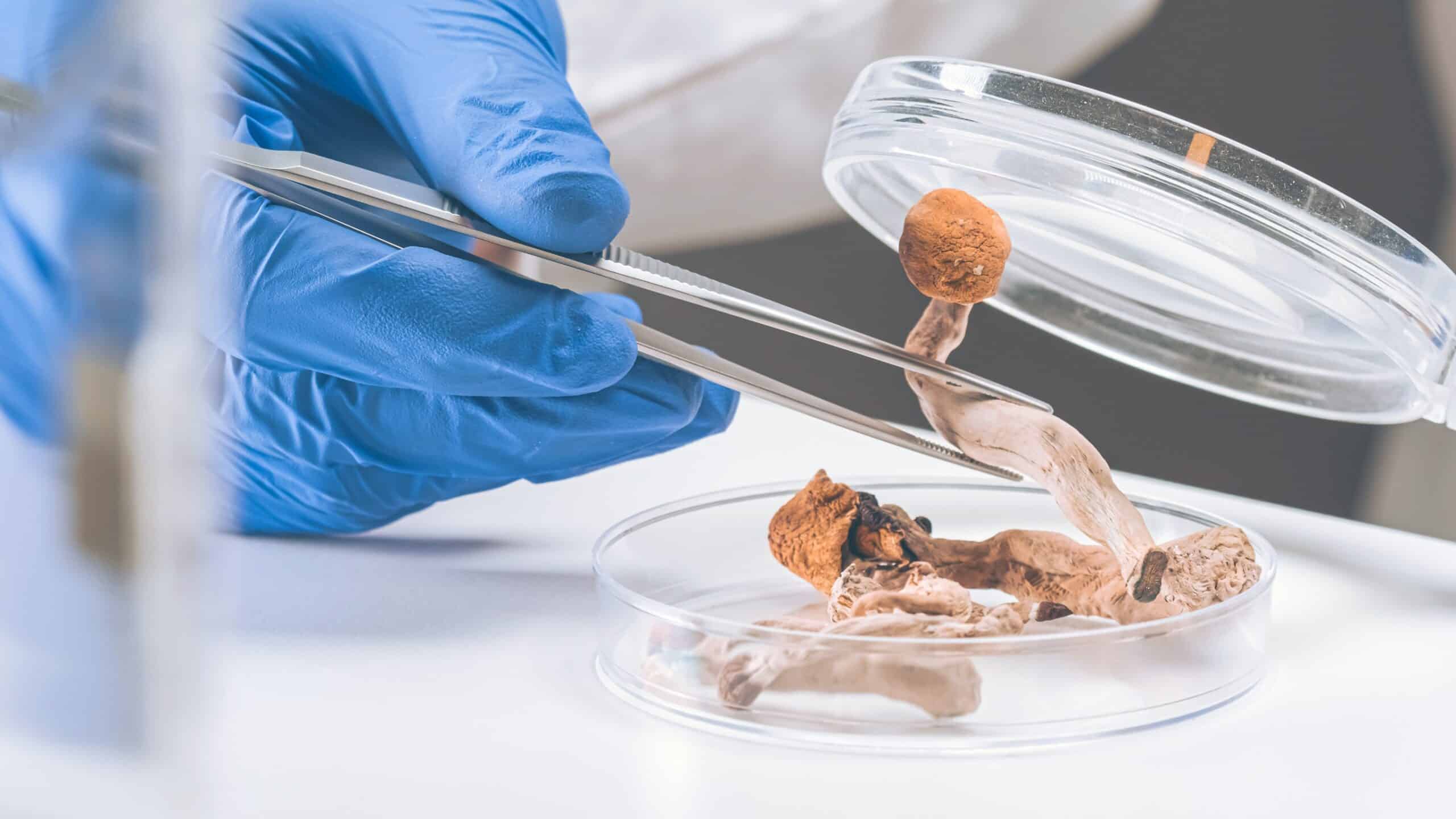Defending Against Police Informant Testimony
April 18, 2025

Posted by: Jacob E. Martinez
Category: Drug Crimes | Magic Mushrooms
The recent changes to the law regarding psilocybin – or magic – mushrooms has left many people confused about their legal status. In 2022, Colorado legalized psilocybin, but doesn’t mean you can use, possess, or distribute them without restrictions.
For example, selling magic mushrooms without proper licensing, using them in public, or possessing large quantities can lead to serious legal consequences. At the Law Office of Jacob Martinez, we’re here to clarify the laws and protect your rights if you’re dealing with psilocybin-related charges.
Magic mushrooms contain psilocybin, a hallucinogen that alters perception, mood, and cognition. People use them for spiritual exploration, recreational enjoyment, or therapeutic benefits like managing depression, anxiety, or PTSD.
However, under federal law, psilocybin is classified as a Schedule I controlled substance, grouping it with heroin and LSD due to its perceived high abuse potential and no accepted medical use. Despite this, Colorado has made significant strides to reclassify psilocybin, resulting in evolving state and local regulations.
In 2019, Denver decriminalized psilocybin, prioritizing law enforcement resources away from prosecuting personal use and possession. While this doesn’t legalize magic mushrooms, it lowers the likelihood of severe legal consequences for personal possession. However, selling or distributing psilocybin can still lead to criminal charges.
In 2022, Colorado passed the Natural Medicine Health Act (Proposition 122), allowing adults 21 and older to legally possess, use, and cultivate psilocybin for personal use. The law also permits licensed psilocybin-assisted therapy, set to begin in 2024. Despite these changes, the use and sale of psilocybin remain regulated, and violating these rules can result in legal repercussions.
While Colorado has progressive psilocybin laws, several restrictions remain:
Despite decriminalization and legalization efforts, violations carry significant penalties. Possessing amounts exceeding personal use can lead to additional charges. Unauthorized distribution or trafficking can result in heavy fines and prison sentences. DUI or public intoxication charges may also arise from misuse.
Proposition 122 introduced a framework for licensed psilocybin-assisted therapy, set to launch in 2024. Only licensed professionals may administer therapy, and unlicensed use or distribution remains illegal. These regulations aim to balance access with accountability while ensuring public safety.
Facing psilocybin-related charges in Colorado can be daunting due to the state’s evolving drug laws. Jacob E. Martinez, a seasoned Denver criminal defense attorney, understands the stakes involved. Recognized for his strategic approach and relentless commitment to justice, Jacob has successfully defended clients facing complex drug charges. You can expect tailored legal representation from him to ensure your rights are upheld throughout the process.
Fill out our online form or contact the Law Office of Jacob E. Martinez at (720) 246-6700 for a free consultation, and let us advocate for your future.
Jury Trial - Not Guilty
Jury Trial - Not Guilty
Arapahoe 1st Degree Assault/Vehicular Assault
Jury Trial - Not Guilty
Denver Domestic Violence Assault Case
Jury Trial - Not Guilty
Denver D.V. Assault
Jury Trial - Not Guilty
Denver Careless Driving Resulting in Death
Jury Trial - Not Guilty
Jefferson County Felony Menacing
Jury Trial - Not Guilty
Adams County DUI
Jury Trial - Not Guilty
Jefferson County DUI
Jury Trial - Not Guilty
Jefferson County DUI
Jury Trial - Not Guilty
Jefferson Vehicular Assault/DUI
Jury Trial - Not Guilty
Jefferson County DUI
Jury Trial - Not Guilty
Boulder County DUI case
Jury Trial - Not Guilty
Arapahoe County DUI case
Jury Trial - Not Guilty
Adams County DUI case
Jury Trial - Not Guilty
Douglas County DUI case
Jury Trial - Not Guilty
Gilpin County DUI case
Dismissed
Broomfield County Probation Revocation case
Dismissal
Arapahoe County DUI case
Deferred Judgment
Arapahoe County DUI case
Deferred Judgment
Douglas County DUI case
Deferred Judgment
Larimer County DUI case
Deferred Judgment
Arapahoe County DUI Case
Deferred Judgment
Denver Felony Burglary Case
Deferred Judgment
Arapahoe County DUI case
Dismissed
Arapahoe County Protection Order Case
Dismissed
Golden Destruction of Property case
Dismissed
Jefferson County Protection Order case
Dismissed
Jefferson County Domestic Violence case
Dismissed and Sealed
Jefferson County DUI case
Dismissed
Denver Major Traffic Offense case
Dismissed and Sealed
Broomfield County Domestic Violence case
Dismissed
Summit County DUI Revocation
Dismissed
Denver DUI Revocation
Dismissed
Denver DUI Revocation
Dismissed
Denver DUI +.2 Involving Accident and Injury case
Dismissed
Denver DUI/Habitual Traffic Offender case
DISMISSAL
Denver District Aggravated Theft
Dismissed
Greenwood Village Assault case
Dismissal
Elbert County DUI
Dismissed
Arapahoe County Domestic Violence case
Dismissal
Jefferson County DUI
Dismissal
Denver Municipal Assault
Dismissed
Boulder County Domestic Violence Assault case
Dismissed
Wheat Ridge Assault case
Dismissed
Jefferson County DUI case, with 2+ Prior Convictions
Dismissed
Arapahoe County Domestic Violence case
Dismissed
Broomfield County Domestic Violence case
Dismissed with No Charges Filed
Jefferson County Felony Theft case
Dismissed
Arapahoe County Felony Theft case
Dismissed
Boulder County Felony Theft case

